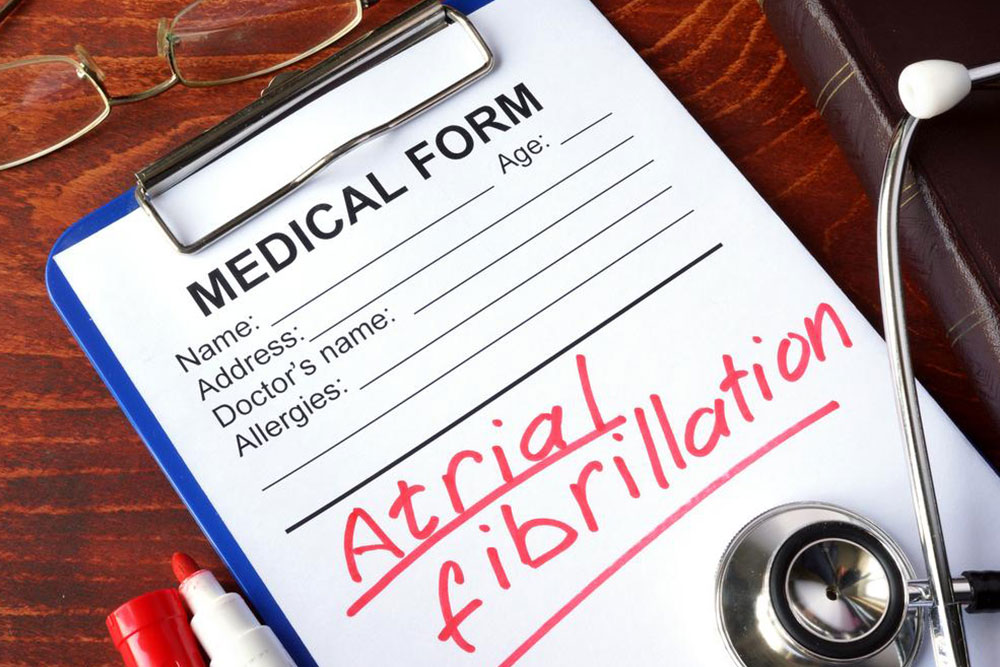Comprehensive Guide to Managing Atrial Fibrillation Effectively
This comprehensive article explores effective strategies for managing atrial fibrillation, highlighting diagnostic methods, treatment options including medications, procedures, and lifestyle tips. It emphasizes the importance of personalized treatment plans and ongoing medical supervision to prevent serious complications such as stroke, ensuring patients achieve better heart health and quality of life.

Effective Strategies for Managing Atrial Fibrillation
Atrial fibrillation (AFib) is one of the most prevalent types of heart rhythm disorders affecting millions worldwide. It is characterized by rapid, irregular beating of the heart’s upper chambers— the atria—leading to a range of symptoms and potential serious health risks if not properly managed. Patients often report symptoms such as unpredictable palpitations, shortness of breath, fatigue, and chest discomfort. These symptoms can significantly impact daily life and overall health, especially if left untreated. Understanding the condition and exploring effective management strategies is crucial for reducing the risk of complications like stroke and maintaining a good quality of life.
What Are the Essential Steps for Managing Atrial Fibrillation?
Early detection and prompt consultation with a healthcare professional are vital. If you experience symptoms consistent with AFib, scheduling an appointment with a cardiologist should be your first step. Accurate diagnosis involves a range of diagnostic tests, including EKGs, Holter monitors, and echocardiograms, which help determine the underlying cause and assess the severity of the condition. Once diagnosed, a tailored treatment plan is essential to control symptoms and prevent serious complications.
If AFib is confirmed, there are multiple treatment options available, each suited to different types and severities of the condition, including paroxysmal, persistent, or permanent AFib. Treatment strategies encompass medications, electrical cardioversion, catheter ablation procedures, or implementing a pacemaker. The goal of these interventions is to restore normal heart rhythm, reduce symptoms, and prevent blood clots that could result in stroke. Working closely with your cardiologist ensures you choose the most appropriate approach based on your specific circumstances.
Detailed Overview of Medication Options for AFib
Medications form the cornerstone of AFib management, aiming to control heart rate, maintain normal rhythm, and reduce the risk of clot formation. Depending on individual case assessments, healthcare providers may prescribe different classes of drugs:
Heart Rate Control Medications:
Beta blockers: These drugs are highly effective in lowering heart rate by blocking adrenaline effects on the heart, contributing to symptom relief and reducing cardiac workload.
Calcium channel blockers: They relax blood vessels and decrease heart rate by inhibiting calcium entry into heart muscle cells, improving symptoms and blood flow.
Digitalis (Digoxin): This medication strengthens the force of heart contractions and helps control ventricular rate, especially in certain patients.
Heart Rhythm Regulation Medications:
Antiarrhythmic drugs: These drugs are designed to restore and maintain normal heart rhythm, crucial for persistent and recurrent AFib.
Sodium channel blockers: They interfere with electrical signals in the heart, stabilizing irregular rhythms.
Potassium channel blockers: These help manage electrical conduction, preventing arrhythmia episodes.
Blood Thinning and Clot Prevention Medications:
Antiplatelet agents: They prevent platelets from clumping together, thus reducing clot formation risk.
Anticoagulants (Warfarin, DOACs): These medications are essential in reducing the risk of stroke by significantly lowering blood clot development in the atria.
Important Reminder: Medication choices should always be personalized. A comprehensive evaluation by your healthcare provider will determine the best combination of drugs for your specific health profile. Proper diagnosis, appropriate therapy, and ongoing monitoring are critical for effectively managing AFib and minimizing associated health risks.
Throughout treatment, regular follow-up appointments are necessary to monitor effectiveness and make adjustments as needed. Lifestyle modifications, such as managing blood pressure, reducing alcohol intake, and avoiding stimulants, can complement medical therapy and further improve outcomes. Staying informed and engaged with your healthcare team is key to living well with atrial fibrillation and preventing more serious complications like stroke.




